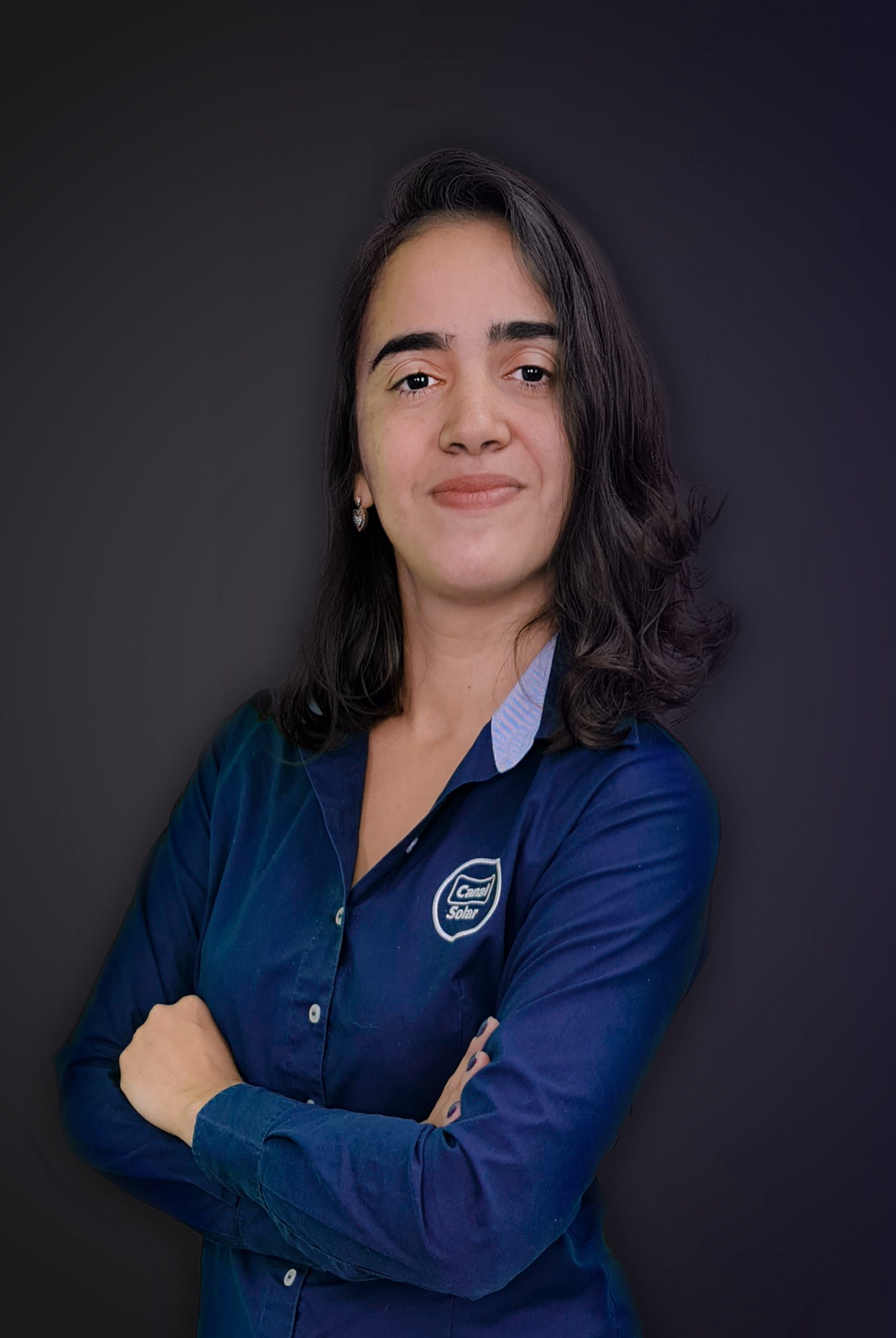The photovoltaic solar source is an important tool for rural entrepreneurs. With it, he can show his commitment to sustainability, as it is clean, sustainable and silent energy. Furthermore, it is non-polluting, does not use water and is very easy for the producer to use.
This is the assessment of Rodrigo Sauaia, president of ABSOLAR (Brazilian Photovoltaic Solar Energy Association). The executive highlighted the characteristics of solar energy during the third episode of the podcast Um Lugar ao Sol, which featured the participation of Plínio Nastari, president and founder of Datagro Consultoria.
Sauaia also emphasized the different ways of using solar energy in the field. “When we look at producers’ applications, we see that there are countless different activities in which solar is participating. Among them, water pumping, irrigation of crops, transportation of water for animals, fish farming tanks, refrigeration of milk and meat, lighting, parts of electric fences and surveillance and communication systems, bringing the internet to producers”, highlighted the executive.
Just as Agro has been growing over the years, becoming one of the richest sectors in Brazil, with a third of the country's wealth, the presence of solar energy has also been increasing in the countryside.
According to ABSOLAR (Brazilian Photovoltaic Solar Energy Association), 13.2% of all investments in small-scale solar photovoltaic generation are made by rural producers, which represents an accumulated investment, since 2012, of R$ 2.3 billion.
Like Sauaia, Plínio Nastari also highlighted the importance of solar energy in rural regions. “I would add all of Rodrigo's applications and a very important application of planting and harvesting using GPS. All of this digitization relies on towers in remote locations. How will these locations, without electrical connections, support a tower in a 10,000-hectare field? It has to be with solar energy. The modernization of the countryside and the application of modern agricultural techniques is closely related to the use of this technology”, he added.
Furthermore, Plínio also highlighted the possibility of development permeated by solar energy. “The solar source is what can bring, for example, the possibility of education to the families of these producers, who are in remote regions, such as access to the internet and electricity that provides comfort and makes life easier”, added Nastari.
Financing is essential for the field
Still for most people, despite the solar source being an investment with a quick return and a long profitability horizon, linked to benefits made available by manufacturers, the investment for purchasing a photovoltaic system is considered high.
With this in mind, we developed financing especially for rural producers, such as some lines available at BNDES, Banco do Brasil and Banco do Nordeste.
Rodrigo Sauaia emphasized the importance of this option for rural producers. “Financing is fundamental, because we have the idea that only those who don’t have money to invest can get financing. However, in Agro it is very normal to make this loan, instead of withdrawing money from the investment itself. BNDES' Pronaf, for example, which is supported by the government, has an interest rate of 2% per year. It's good that small producers have such good financing to use in solar investment”, highlighted Sauaia.
Sale of energy by rural producers
During the episode, Plínio also commented on the possibility of rural producers selling the energy generated on their properties. “When two different locations are not supplied by the same energy company, this compensation is not possible today because we do not have portability. This process should be facilitated to further improve investment in this area”, explained Nastari.
Cooperatives have been fundamental for the photovoltaic source
Rodrigo Sauaia also highlighted the importance of cooperatives and thanked the participation of these projects in the solar sector. “Credit cooperatives have played a very important role in financing photovoltaic systems, in rural and urban areas. This has helped the sector to advance along with many segments in these locations”, concluded Sauaia.
















